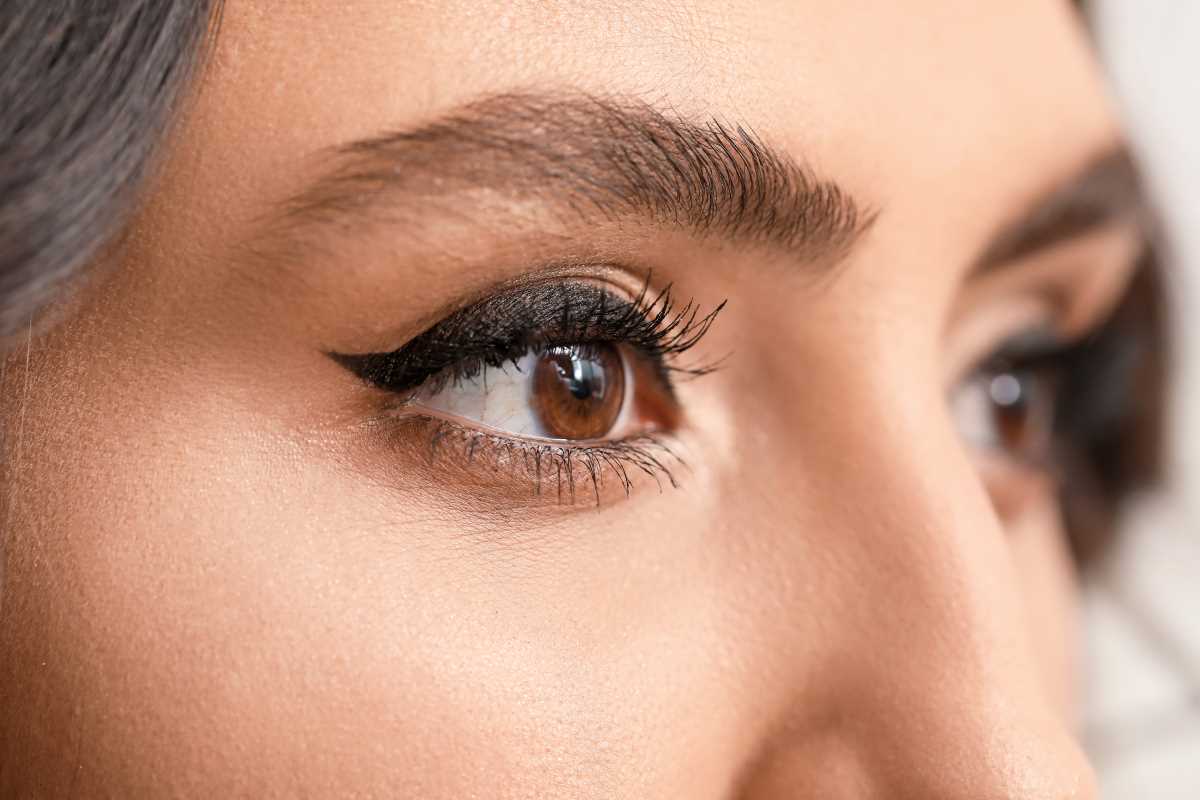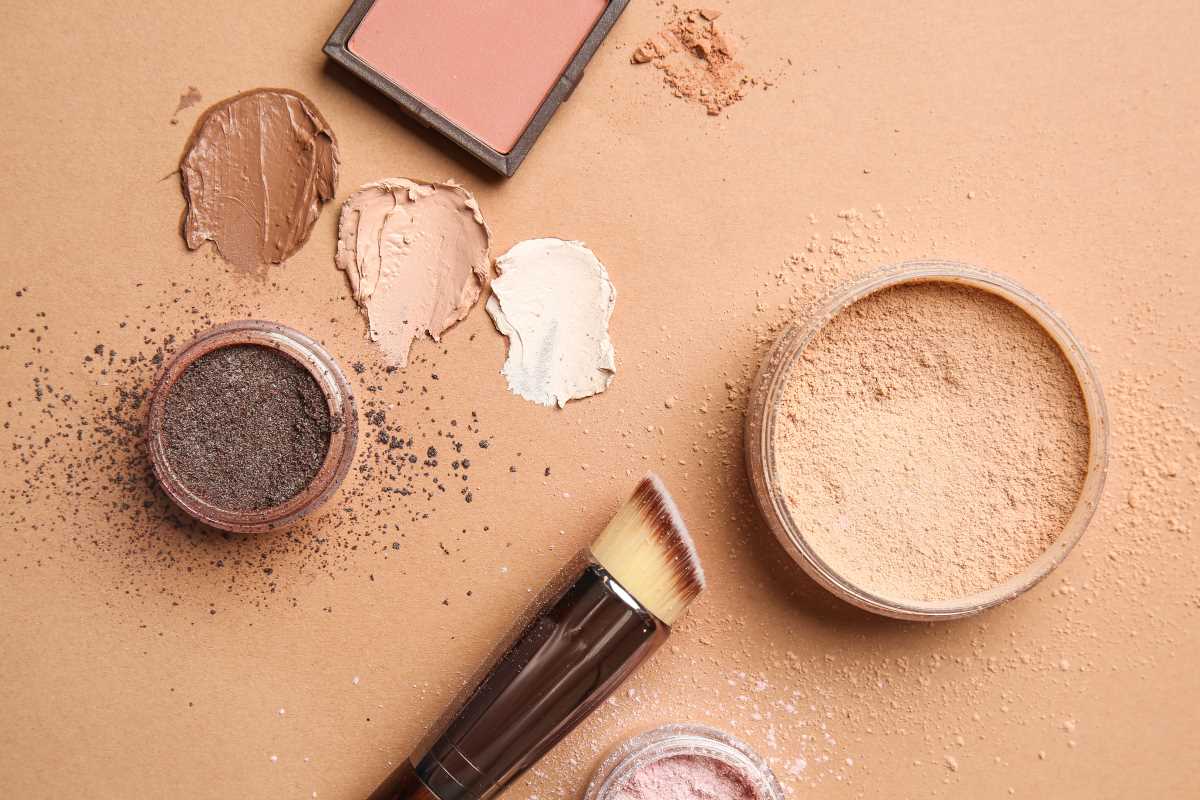As we age, our bodies change in many ways. Some of these changes are welcome, while others may not be. If you're a woman over 40 who is considering rhinoplasty (a nose job), you may have some questions about what to expect. This article will provide you with the information you need to make an informed decision about whether or not rhinoplasty is right for you.
What is rhinoplasty?
Rhinoplasty is a surgical procedure to reshape the nose. It can be used to:
- Reduce or increase the size of the nose
- Change the shape of the bridge or tip of the nose
- Narrow the nostrils
- Correct a deviated septum
- Improve breathing
Why do women over 40 consider rhinoplasty?
There are many reasons why women over 40 may consider rhinoplasty. Some of the most common reasons include:
- To improve their appearance
- To correct a breathing problem
- To feel more confident
- To reduce the signs of aging
Is rhinoplasty safe for women over 40?
Rhinoplasty is a safe procedure for most women, regardless of age. However, there are some risks associated with any surgery, such as:
- Bleeding
- Infection
- Adverse reaction to anesthesia
- Unsatisfactory results
It is important to discuss these risks with your surgeon before you decide to have rhinoplasty.
What are the benefits of rhinoplasty for women over 40?
There are many benefits to rhinoplasty for women over 40. Some of the most common benefits include:
- Improved appearance
- Improved breathing
- Increased confidence
- A more youthful appearance
What is the recovery like after rhinoplasty?
The recovery from rhinoplasty typically takes several weeks. You will need to wear a splint on your nose for the first week, and you may have some bruising and swelling. It is important to follow your surgeon's instructions carefully during the recovery period.
What are the results of rhinoplasty like?
The results of rhinoplasty can be dramatic. You will likely see a significant improvement in the appearance of your nose. You may also notice an improvement in your breathing. The results of rhinoplasty are typically permanent.
How much does rhinoplasty cost?
The cost of rhinoplasty varies depending on the surgeon, the location, and the extent of the procedure. It is important to get a quote from several surgeons before you make a decision.
How do I choose a rhinoplasty surgeon?
It is important to choose a rhinoplasty surgeon who is board certified and experienced in performing this type of surgery. You should also feel comfortable with your surgeon and be able to ask them any questions you have.
What questions should I ask my rhinoplasty surgeon?
Here are some questions you should ask your rhinoplasty surgeon:
- Are you board certified in plastic surgery?
- How many rhinoplasty procedures have you performed?
- What is your experience with women over 40?
- What are the risks and benefits of rhinoplasty?
- What is the recovery like after rhinoplasty?
- How much does rhinoplasty cost?
- Can I see before and after photos of your patients?
Is rhinoplasty right for me?
The decision of whether or not to have rhinoplasty is a personal one. It is important to weigh the risks and benefits carefully before you make a decision. If you are considering rhinoplasty, you should consult with a board certified plastic surgeon to discuss your options.
Additional tips for women over 40 considering rhinoplasty:
- Be realistic about your expectations.
- Choose a surgeon who is experienced in performing rhinoplasty on women over 40.
- Be prepared for a longer recovery period than younger patients.
- Be aware of the potential risks and complications of rhinoplasty.
- Follow your surgeon's instructions carefully.
Conclusion
Rhinoplasty can be a safe and effective way to improve the appearance of your nose and boost your confidence. If you are a woman over 40 who is considering rhinoplasty, it is important to do your research and choose a qualified surgeon. With careful planning and realistic expectations, you can achieve beautiful and natural-looking results.
Remember, this article is for informational purposes only and does not constitute medical advice. Please consult with a qualified healthcare professional to discuss your individual needs and determine
1 the best course of treatment for you.







